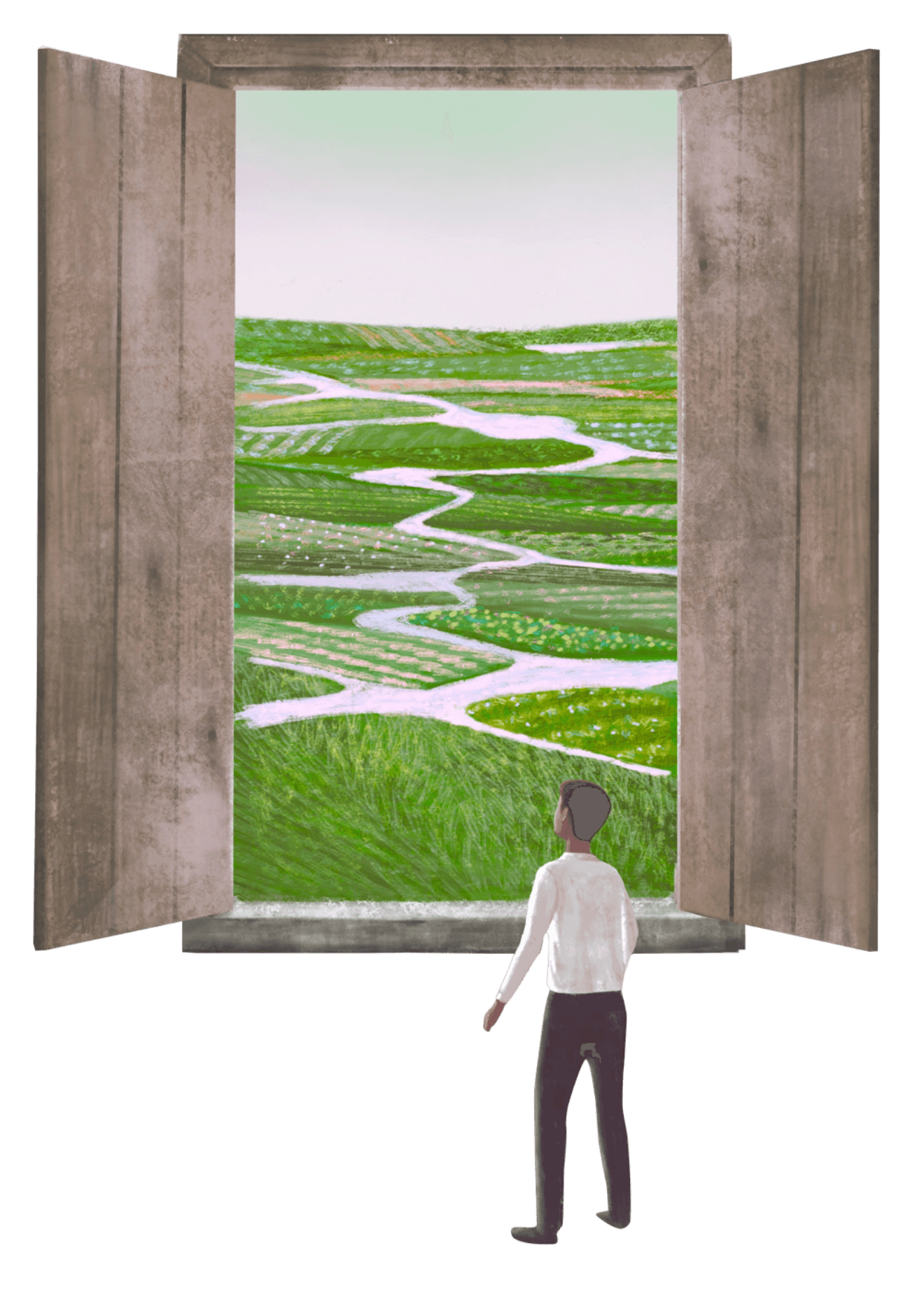How are you feeling?
You don't need a diagnosis to reach out for support - it's always okay to ask for help when you need it.
If you're feeling different from your usual self or going through emotional ups and downs, that's completely valid and you deserve support.

How we can support you…
We understand that taking the first step can feel overwhelming. That's why we offer multiple ways to get support, designed to fit what feels comfortable for you.
Whether you need practical advice, expert guidance, or access to helpful resources, we're here to support your journey at your own pace.
When might you want to reach out for help?
Here are some signs that lots of young people experience when they're struggling:
You're not enjoying stuff you usually love - hobbies, hanging out with friends, gaming, whatever you're into
Worrying thoughts are taking up way more headspace than usual
You're having thoughts and feelings that feel overwhelming and are getting in the way of your day-to-day life
Your sleep is all over the place - either sleeping loads more or struggling to get enough rest
Your appetite has changed - eating way more or way less than normal
School or college feels much harder to manage than before
Big changes (like moving house, changing schools, family stuff) are feeling really tough to handle
You might notice physical stuff too - headaches, stomach aches, or feeling sick

Change can and does happen
Early intervention makes a real difference when it comes to mental health. The sooner you recognise changes in how you're feeling and reach out for support, the easier it often is to work through challenges and get back to feeling more like yourself. Think of it like looking after a physical injury - getting help early usually means a quicker recovery.
You don't need to wait until things feel overwhelming or out of control. Small changes in your mood, sleep, appetite, or enjoyment of things you usually love are all valid reasons to seek support. These early signs are your mind's way of letting you know it needs some extra care - and that's completely normal.
Remember, reaching out for help is a sign of strength, not weakness. By recognising these changes and taking action, you're taking control of your wellbeing and making choices that will benefit your mental health in the long run. Even small steps towards getting support can make a big difference to how you feel.
Not ready to talk yet?
Asking for help isn't always easy, and it can take time… If you are not ready to talk, you might still benefit from finding out more about how you feel.
Visit Kooth, an online mental wellbeing community with articles, discussion boards, and live chat to help you find the support you need.
You can also visit Swindon Local Offer which provides lots of information and advice on Swindon services.
People often ask us…
It's natural to have an interest in your treatment. People often want to know what we do, how it works and whether it will work for them.
Here's our take on some of the questions we often come across.

Real Stories from Our Community
Hear from young people, families, and professionals who have experienced the difference our support makes. These are genuine experiences from people we've helped on their mental health journey.
I felt completely lost and overwhelmed when I first reached out for help. The practitioner really listened to me without any judgment and helped me understand that what I was going through wasn't my fault. For the first time in months, I didn't feel alone. They gave me practical ways to cope with my anxiety that actually work in real life.
EMEmma
Service User
I refer students here regularly because I know they'll get the right support. The early help they provide has made such a difference to young people in our school. Parents always feedback positively about the service.
RARachel
School Counselor
As a parent, watching your child struggle with their mental health is heartbreaking. The team helped both me and my son understand what he was going through.
SASarah
Parent
I was nervous about group therapy but it turned out to be exactly what I needed. Meeting other young people who understood what I was going through made such a difference.
JAJake
Group Therapy Participant




